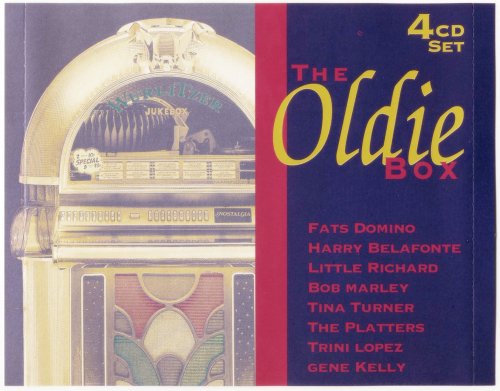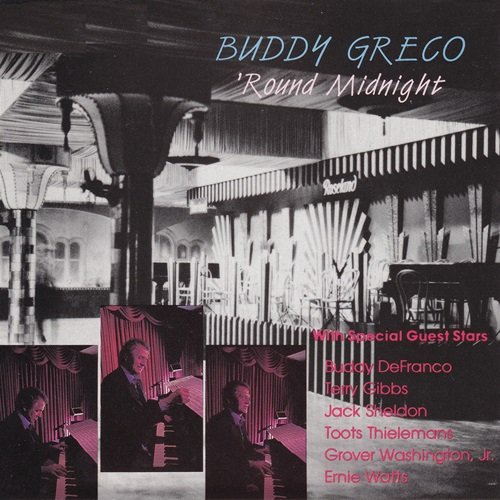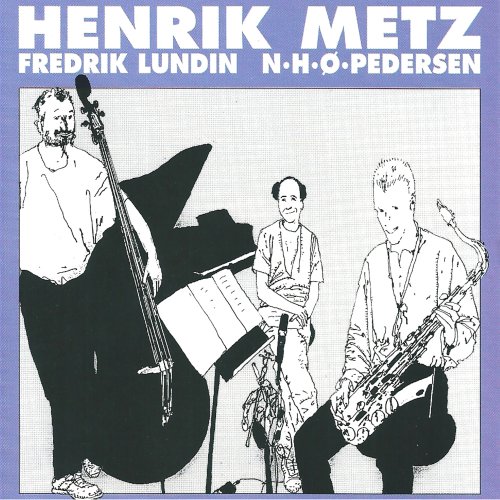Diana Damrau, Helmut Deutsch - Franz Liszt: Lieder (2011)

Artist: Diana Damrau, Helmut Deutsch
Title: Franz Liszt: Lieder
Year Of Release: 2011
Label: Virgin Classics
Genre: Classical, Vocal
Quality: FLAC (image+.cue,log,scans)
Total Time: 76:37
Total Size: 321 mb
WebSite: Album Preview
Tracklist: Title: Franz Liszt: Lieder
Year Of Release: 2011
Label: Virgin Classics
Genre: Classical, Vocal
Quality: FLAC (image+.cue,log,scans)
Total Time: 76:37
Total Size: 321 mb
WebSite: Album Preview
Franz Liszt
Lieder
01. Der Fischerknabe
02. Im Rhein, im schönen Strome
03. Die Loreley
04. Die drei Zigeuner
05. Es war ein König in Thule
06. Ihr Glocken von Marling
07. Über allen Gipfeln ist Ruh
08. Der du von dem Himmel bist
Three Petrarch Sonnets
09. Benedetto sia 'l giorno
10. Pace non trovo
11. I' vidi in terra angelici costumi
12. Freudvoll und leidvoll (version 1)
13. Vergiftet sind meine Lieder
14. Freudvoll und leidvoll (version 2)
15. Es rauschen die Winde
16. Die stille Wasserrose
17. Bist du!
18. Es muss ein Wunderbares sein
19. O lieb, so lang du lieben kannst
Performers:
Diana Damrau, soprano
Helmut Deutsch, piano
The world-famous Diana Damrau is back with a CD of Liszt lieder that she performs with stellar artistry, accompanied by the musically gifted Helmut Deutsch. The album is roughly divided into three sections: songs with texts by German writers, three Petrarch sonnets in Italian, and then more German songs. Her bright, clean, warm sound is evident in the opening track of the album, where the piano introduction is so beautiful that it is virtually a piece on its own. The mystery of "Die Loreley" is appealing, and Damrau's low voice helps conjure that sense of doom for the sailor, along with the dark, swelling piano creating the waves. "Die Drei Zigeuner" is certainly one of the highlights on the album, very Hungarian in its feel. The piano introduction could easily be a violin solo. Damrau tells the story of each gypsy, and Deutsch's piano interlude is Liszt at his best, full of fire and raw passion. Damrau has passion in spades. In "Freudvoll und leidvoll" she builds emotional crescendos into the lines and truly connects her deepest emotions with the text and dynamics. In the clever, brief "Der du von dem Himmel bist," she alternates an almost religious sense of calm with power and romantic ardor. There is power and yet there is also a sigh -- "was soll" -- and pain in her dark voice. Damrau is such a gifted artist to be able to switch moods so quickly, sometimes even between words, as in "Bist du!," where her voice sings "Granit" (granite) as hard as a rock, and then "ruhig" (calm) as the water in a lake. The Petrarch sonnets are interesting in their complexity. Their character is very Italian, very operatic, and bel canto, and each sonnet is unique and character in Damrau's interpretation. Her voice is controlled, extremely sweet, and also big and dramatic: perhaps too dramatic for these pieces. It may also be an issue of Liszt's composing; the pieces are not quite lieder, and yet it is not opera. On occasion, Damrau's vowels are a little swallowed and could be emphasized more. Liszt fans will certainly recognize the final track, "O lieb," which is interpreted warmly and passionately by Damrau. Deutsch's piano sparkles like a music box, and the listener is left with a sense of longing. Some listeners may find the choice of repertoire can sound somewhat repetitive over time, but this in no way diminishes the beauty of Damrau's voice.


![Andrea Braido - An Evening with Andrea Braido Trio Live! (2026) [Hi-Res] Andrea Braido - An Evening with Andrea Braido Trio Live! (2026) [Hi-Res]](https://www.dibpic.com/uploads/posts/2026-03/1772441152_cover.jpg)




![Louis Billette - Lux II (2026) [Hi-Res] Louis Billette - Lux II (2026) [Hi-Res]](https://img.israbox.com/img/2026-03/02/mruoenouefcb2wvik5oje90ha.jpg)
![Dub Colossus - Dub Will Keep Us Together (2026) [Hi-Res] Dub Colossus - Dub Will Keep Us Together (2026) [Hi-Res]](https://www.dibpic.com/uploads/posts/2026-03/1772556292_folder.jpg)